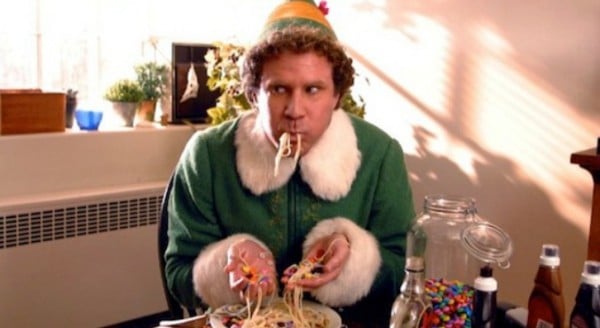
Just in case that huge tinsel-covered tree in your local shopping centre wasn’t a big enough hint… Christmas Day is almost upon us, whether you’re ready for it or not.
Although your wish list may change from one year to the next, there are some aspects of Christmas that will never change.
These include: Mariah Carey's All I Want for Christmas Is You on loop (non-negotiable); the fight your uncle and your grandfather (substitute with family members as appropriate) will inevitably get into over lunch; and food. So much food. Piles and piles of it.
Michelle Bridges’ 6 tips for surviving the festive season.
With a lot of food comes a lot of eating. It's normal - nay, tradition - to throw portion control to the wind and gorge yourself on prawns, turkey, salads, fruit, puddings, chocolate coins, wine, champagne... etc etc etc on Christmas Day. And with so many parties and catchups over the 'silly season', we also tend to consume more than usual in the lead-up to December 25, and between Christmas and New Year's Eve.

